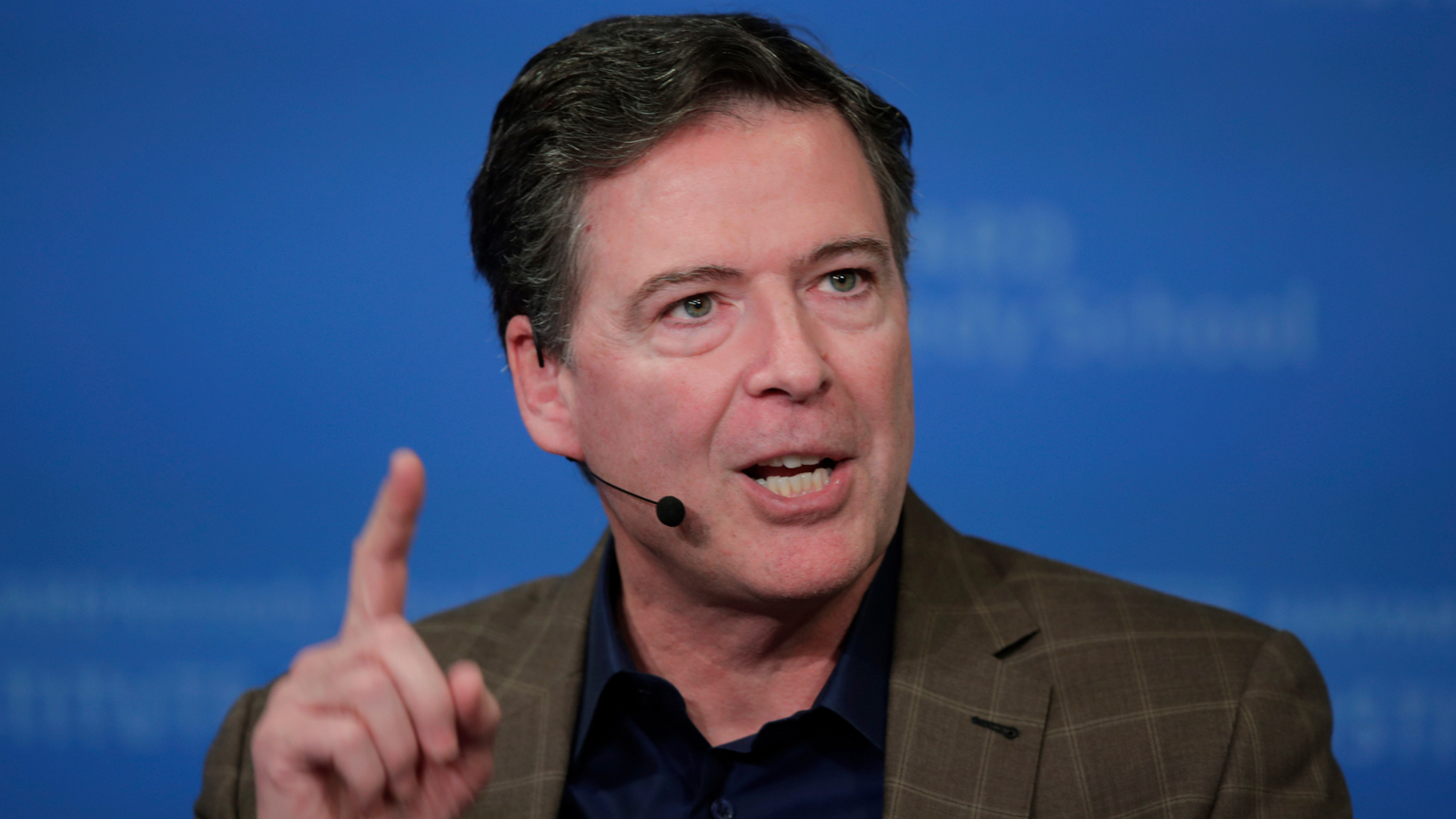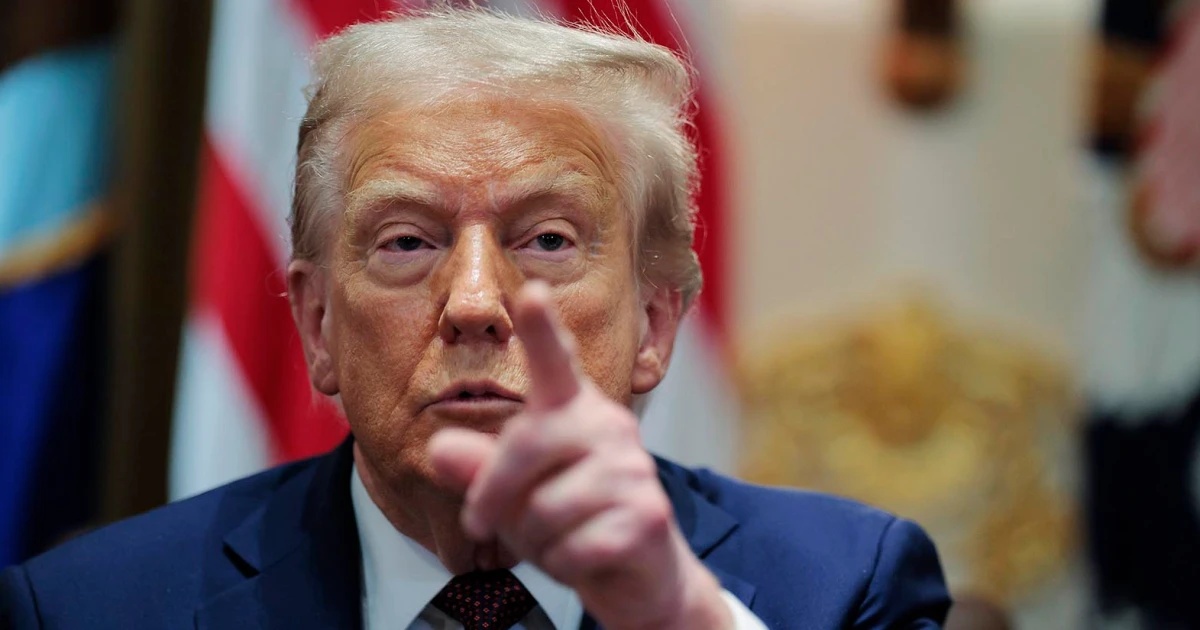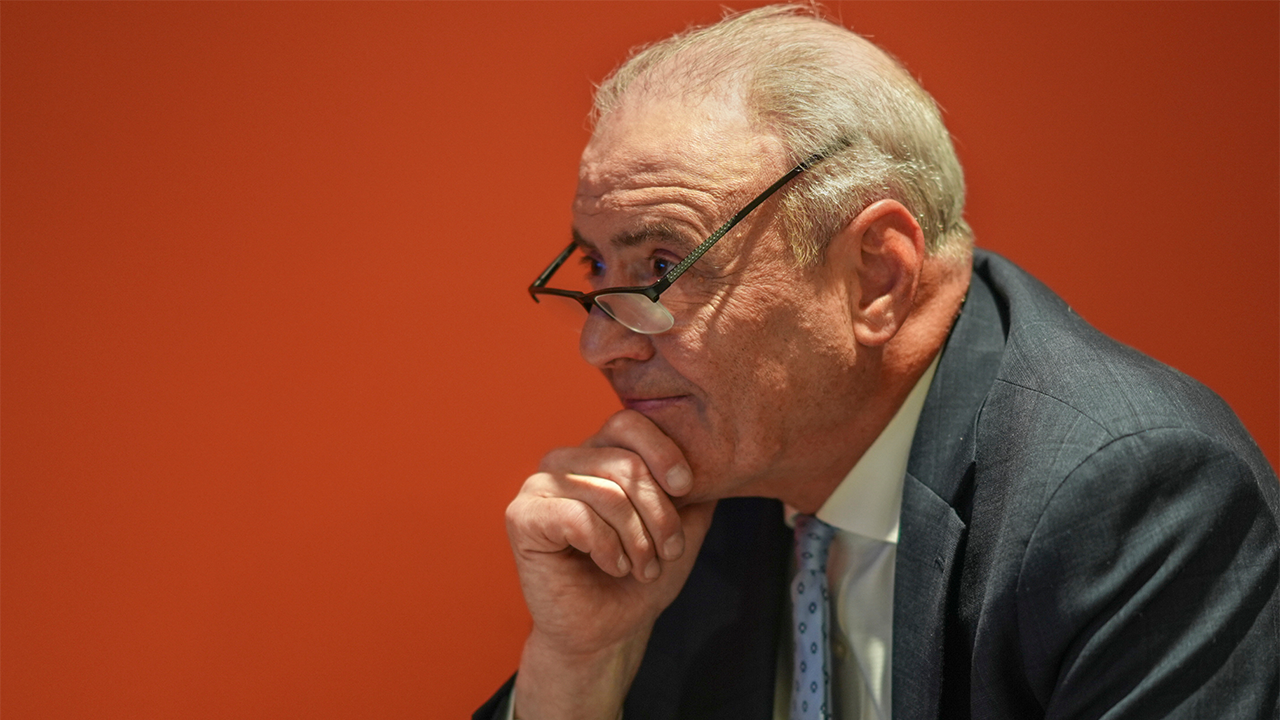Copyright KABC-TV

Lawyers for former FBI Director James Comey are asking a federal judge to dismiss the criminal case against him, arguing prosecutors repeatedly violated the Constitution and engaged in "flagrant misconduct" when securing their indictment of Comey at the direct orders of President Donald Trump. NOTE: The video is from a previous report. "Bedrock principles of due process and equal protection have long ensured that government officials may not use courts to punish and imprison their perceived personal and political enemies. But that is exactly what happened here," said one of two motions filed by Comey's attorneys Monday. "President Trump ordered the Department of Justice (DOJ) to prosecute Mr. Comey because of personal spite and because Mr. Comey has frequently criticized the President for his conduct in office." Comey pleaded not guilty earlier this month to one count of false statements and one count of obstruction of a congressional proceeding related to his testimony before the Senate Judiciary Committee in 2020, amid what critics call Trump's campaign of retribution against his perceived political foes. Vice President JD Vance has said any such prosecutions are "driven by law and not by politics." Comey's lawyers filed two separate motions to dismiss -- one arguing the case against Comey was vindictive and another calling into question the legal authority of acting U.S. Attorney Lindsey Halligan. They asked a federal judge to dismiss the case with prejudice, which would prevent prosecutors from attempting to refile the case. The filing repeatedly cites a series of stories from ABC News that detailed the turmoil in the U.S. Attorney's Office for the Eastern District of Virginia in the days leading up to Comey's indictment, including Trump's move to oust U.S. Attorney Erik Siebert over his objections to bringing cases against the president's enemies that career prosecutors had determined had no merit. Also on Monday, Comey's legal team responded to a court filing from federal prosecutors that suggested they may move to have Comey's lead attorney Patrick Fitzgerald disqualified from the case, accusing the government's attorneys of seeking to defame Fitzgerald by implying he engaged in criminal activity. In a court filing late Sunday night, prosecutors told U.S. District Judge Michael Nachmanoff that Fitzgerald's alleged involvement in providing information to the media for Comey after Comey was fired by President Donald Trump in 2017 could "inform a potential conflict and disqualification issue." In their filing late Sunday, prosecutors accused Comey of using Fitzgerald as an intermediary in 2017 to "improperly disclose classified information" related to memos Comey shared recounting several of his interactions with President Trump. An investigation by DOJ's inspector general, however, found "no evidence that Comey or his attorneys released any of the classified information contained in any of the Memos to the media," according to a report issued by IG Michael Horowitz. "There is no good faith basis for attributing criminal conduct to either Mr. Comey or his lead defense counsel," Comey's attorneys said Monday in their response. "Similarly, there is no good faith basis to claim a 'conflict' between Mr. Comey and his counsel, much less a basis to move to disqualify lead defense counsel." In their filing Monday, Comey's attorneys further raised concerns about the government's review of evidence that could be considered privileged communications between Comey and his lawyers, writing that it "appears ... unlawful." They have asked Judge Nachmanoff to deny a request by the DOJ to expedite a review of the evidence to determine which materials could be covered by privilege, writing that it's important to give them ample time to respond to the motion "to avoid trampling on Mr. Comey's legal privileges and to ensure that the government does not proceed with an unlawful review." Halligan was appointed by Trump as the U.S. attorney for the Eastern District of Virginia just four days before she went to a grand jury and sought Comey's indictment over what sources say were the objections of career prosecutors. The grand jury ultimately voted to indict Comey on two of three charges sought by Halligan related to Comey's 2020 congressional testimony regarding the FBI's Russia probe and whether Comey authorized leaks of anonymous information to the media. Comey has denied all charges.



